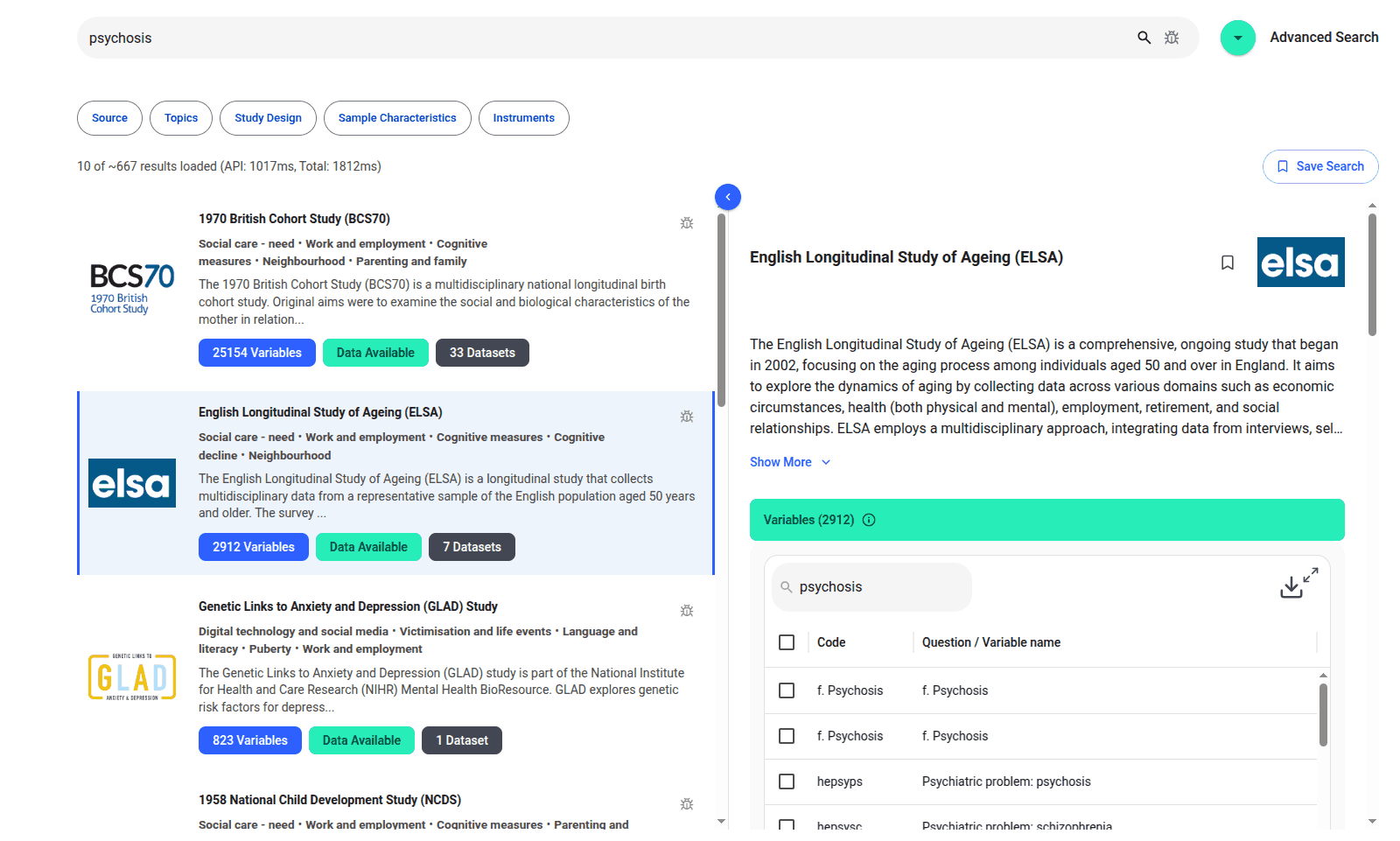
Fast Data Science is excited to be partnering with UK Data Service to deliver a practical workshop on how to best use Harmony for analysing data in the social sciences.
The session will take place online on 29 November.
With live demonstrations of Harmony tool and library’s key functionalities, participants will leave with a clear understanding of how this tool can improve their data management processes which will help improve the efficiency and accuracy of longitudinal data analysis. Sign up for the session.
The session will be presented by Harmony project leaders: Bettina Moltrecht, PhD from the Centre for Longitudinal Studies at UCL, Eoin McElroy from Ulster University and Thomas Wood from Fast Data Science.
Click to read more about AI in research at Fast Data Science.
Ready to take the next step in your NLP journey? Connect with top employers seeking talent in natural language processing. Discover your dream job!
Find Your Dream Job
We are excited to introduce the new Harmony Meta platform, which we have developed over the past year. Harmony Meta connects many of the existing study catalogues and registers.

Guest post by Jay Dugad Artificial intelligence has become one of the most talked-about forces shaping modern healthcare. Machines detecting disease, systems predicting patient deterioration, and algorithms recommending personalised treatments all once sounded like science fiction but now sit inside hospitals, research labs, and GP practices across the world.

If you are developing an application that needs to interpret free-text medical notes, you might be interested in getting the best possible performance by using OpenAI, Gemini, Claude, or another large language model. But to do that, you would need to send sensitive data, such as personal healthcare data, into the third party LLM. Is this allowed?
What we can do for you